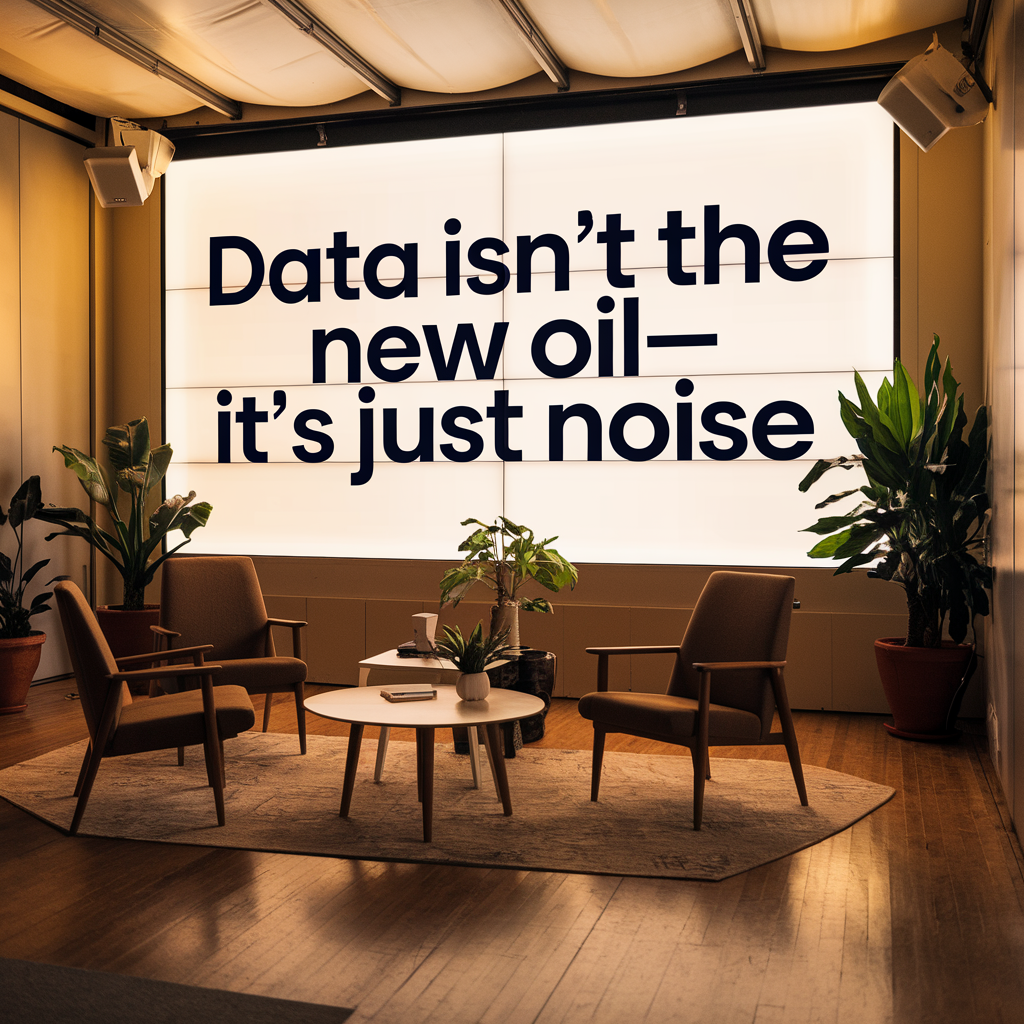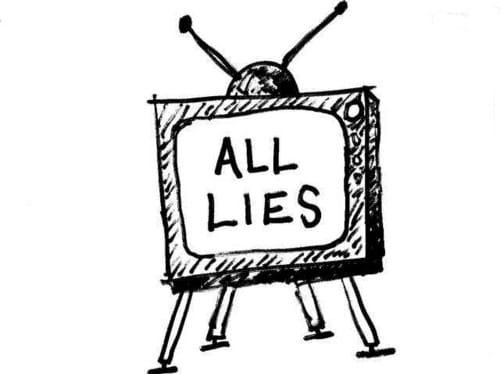In an era where anyone with a smartphone can project their voice to a global audience, the traditional gatekeepers of knowledge face an existential crisis. Expertise, once seen as a vital tool for navigating the complexities of the world, is increasingly viewed with suspicion. How did we arrive at a point where the legitimacy of those with specialized knowledge is so fragile? And what ethical dilemmas arise when everyone, regardless of training or experience, claims an equal stake in defining truth?
At the heart of this dilemma lies a profound question: who gets to decide what counts as valid knowledge? The conventional answer has long been tied to credentials, peer-reviewed publications, and institutional affiliation. But these mechanisms, designed to safeguard the integrity of knowledge, often serve as barriers that exclude marginalized voices and reinforce existing power structures. In the name of protecting truth, they may inadvertently perpetuate inequality.
This tension is amplified in the digital age, where lived experience and grassroots expertise increasingly challenge institutional authority. Social movements, from climate activism to public health advocacy, have demonstrated the power of collective knowledge that operates outside traditional hierarchies. Yet this democratization of knowledge brings its own risks, particularly in the spread of misinformation and the erosion of consensus.
The ethical challenge, then, is twofold. First, how can we uphold rigorous standards of evidence and analysis while also recognizing and valuing diverse forms of expertise? Second, how do we prevent the weaponization of information in a landscape where the lines between fact and opinion, science and ideology, are deliberately blurred?
Epistemic Authority in Decentralized Systems
The rise of decentralized systems offers a potential solution but introduces new complexities. In networked models of knowledge production, authority is distributed, and validation comes from peer-to-peer mechanisms rather than top-down hierarchies. Wikipedia, for instance, thrives on the principle of collective editing, relying on a dynamic and transparent process to refine its content. Similarly, citizen science projects harness the observations of non-experts to contribute valuable data on everything from biodiversity to public health.
However, these systems are not immune to bias, conflict, or manipulation. When everyone is an editor, who ensures the accuracy and reliability of the final product? And in the absence of centralized oversight, how do decentralized communities enforce accountability?
These questions highlight the fragility of epistemic authority in a world that prioritizes openness and participation. Yet they also point to a crucial opportunity: the chance to reimagine expertise as a collaborative, iterative process rather than a static credential.
Challenges to Consensus-Building
One of the most dangerous consequences of the death of traditional expertise is the fragmentation of truth. Without trusted arbiters to mediate between competing claims, societies risk falling into epistemic chaos, where every individual operates within their own curated reality. This fragmentation is most visible in the proliferation of echo chambers, where algorithms reinforce pre-existing beliefs and polarize discourse.
The result is a crisis of consensus. Public health, climate policy, and even the functioning of democratic institutions depend on a shared understanding of reality. When that shared understanding breaks down, collective action becomes nearly impossible. How can societies address urgent global challenges when they cannot even agree on the facts?
Reimagining Expertise through Horizontal Structures
Despite these challenges, there is hope in the form of horizontal structures that seek to democratize knowledge without sacrificing its rigor. In cooperative movements and community-driven research, we see examples of how diverse groups can come together to generate and validate knowledge. These models prioritize transparency, inclusivity, and mutual accountability, offering a blueprint for how expertise can function in a more equitable society.
The role of experts in these systems is not to dictate truth from above but to act as facilitators, helping communities access, interpret, and apply complex information. This shift requires a fundamental change in how we think about authority—not as something to be imposed but as a resource to be shared.
The Ethics of Expertise in Participatory Democracies
As societies move toward more participatory models of governance, the role of expertise must evolve accordingly. Experts must learn to engage with non-expert publics in ways that are both accessible and respectful, fostering a culture of mutual learning rather than top-down instruction. This requires epistemic humility: the recognition that no single individual or institution holds a monopoly on truth.
Equally important is the need for systems that hold experts accountable. Transparency in how knowledge is produced and applied is essential to rebuilding trust. By opening up the processes of research, decision-making, and dissemination to public scrutiny, experts can demonstrate their commitment to serving the collective good rather than narrow institutional interests.
Solutions and Strategies for the Future
To navigate the ethical dilemmas and epistemic challenges of the information age, societies must adopt a dual strategy. First, they must invest in critical media literacy, equipping individuals with the tools to evaluate information and engage in constructive dialogue. Second, they must support the development of decentralized knowledge systems that balance openness with accountability.
Ultimately, the death of traditional expertise need not signal the end of informed decision-making. Instead, it can mark the beginning of a new era in which knowledge is co-created, shared, and applied in ways that are both ethical and inclusive. The challenge is to build systems that harness the best of human ingenuity while remaining vigilant against the forces that seek to exploit our informational vulnerabilities.



